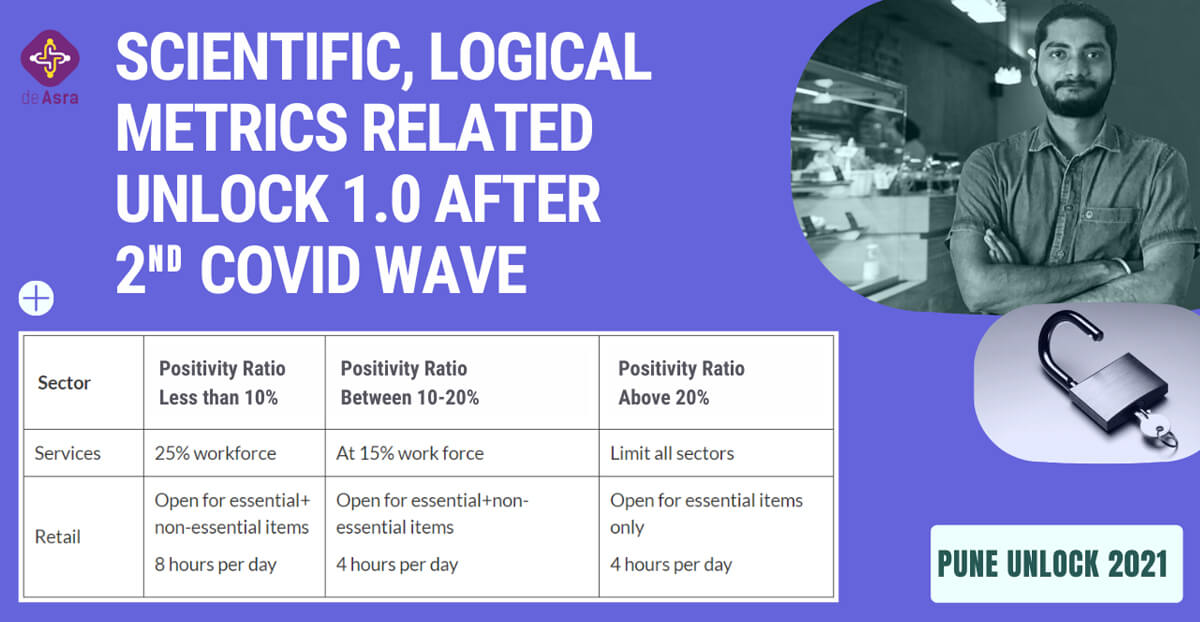
Unlock 2021- Maharashtra Recommendation by deAsra Foundation: Policy Advocacy For MCCIA
Context of this document
- This document seeks to provide recommendations to the policy makers, state government as well the Central government, suggesting making necessary arrangements for recovery of small and micro businesses in Maharashtra.
- This document also provides recommendations to small business owners on how they can be better prepared when the lockdown opens.
- Challenges and recommendations highlighted in this document are evidence based and also gathered through the experience of deAsra foundation, since it has been working in this sector for the past 6 years and is in regular/continuous touch with its entrepreneurs
Surveys done by deAsra Foundation over the past 1.5 years
deAsra has conducted two rounds of surveys to understand the challenges faced by small and micro entrepreneurs based in Maharashtra with the aim to design and implement the required programs to support them in time of need
Survey 1
deAsra Foundation conducted a survey in April 2020, beginning of the Covid-19 lockdown period, with some of its platform users to understand the challenges faced by small entrepreneurs amidst a global pandemic. Close to 1000 users were surveyed. Some of the findings were: